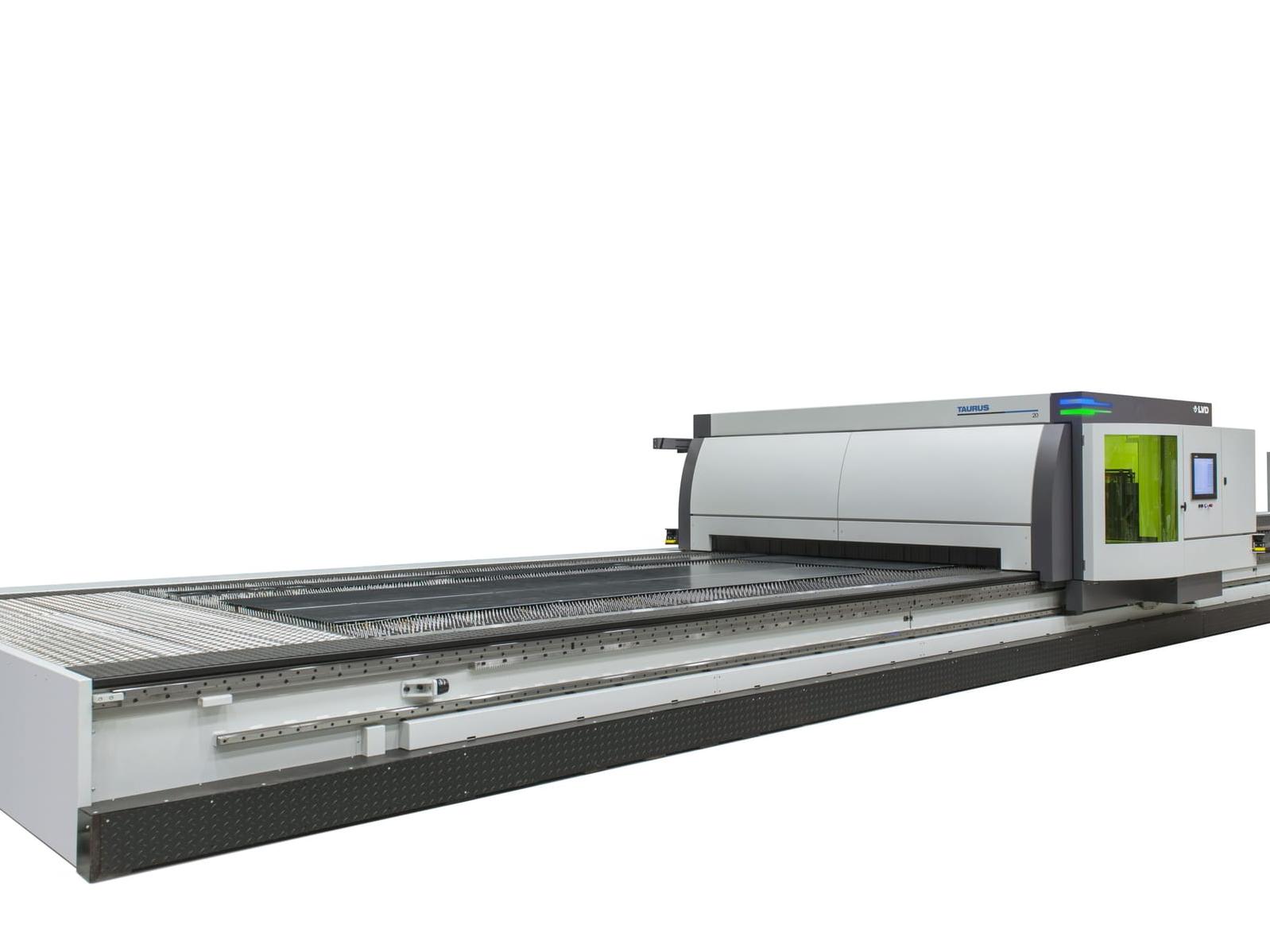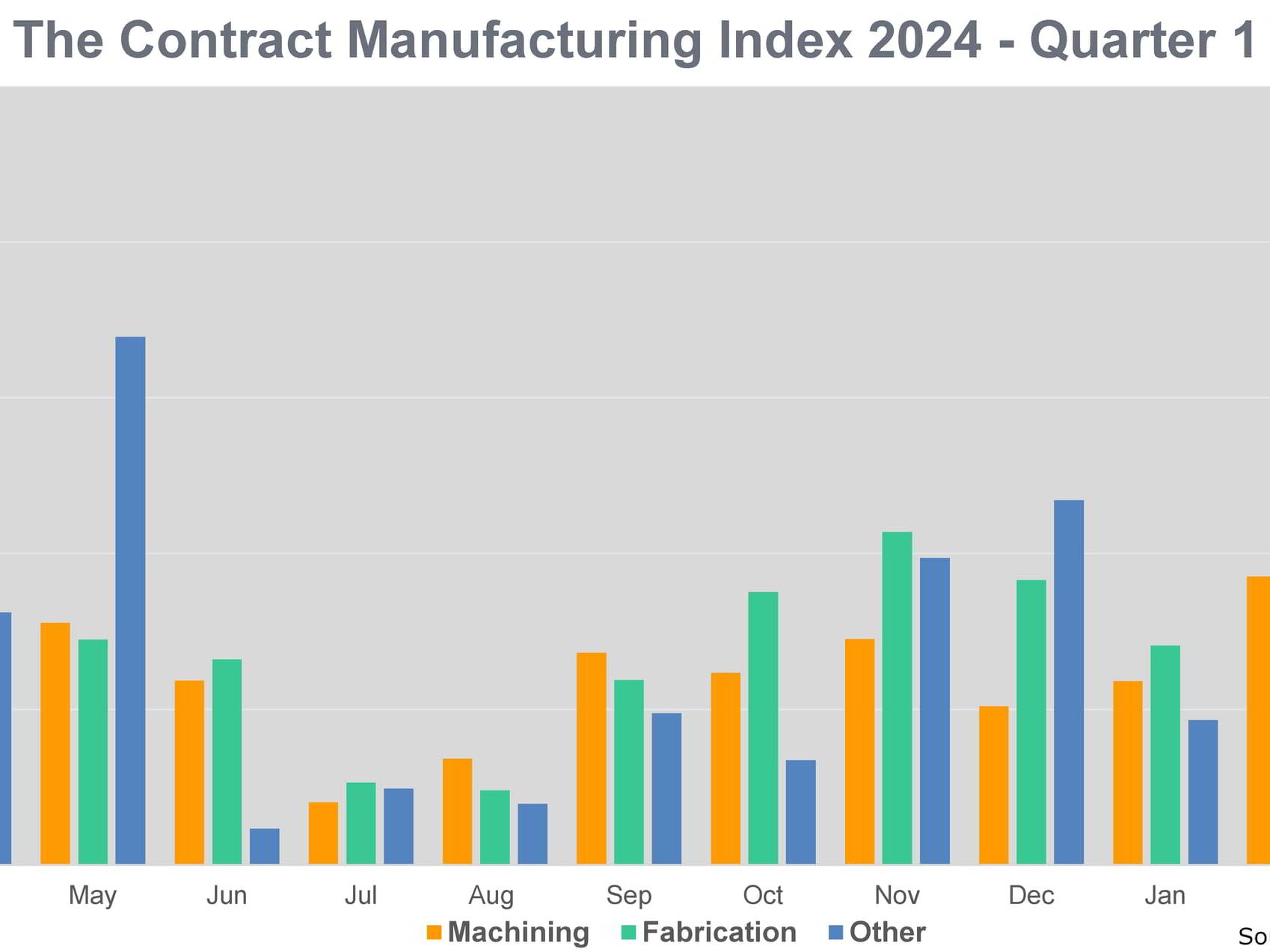Amid Brexit distraction, UK falls behind in global automation race

Installations of industrial robots in the UK fell by 3% in 2018, contrasting with the previous year in which robot sales had risen by 31%.
This is according to the preliminary results of the World Robotics Report 2019.
In terms of robot density by region, Europe has the highest level worldwide, with 106 industrial robots per 10,000 employees installed in the manufacturing industry – Germany (3rd), Sweden (5th), Denmark (6th), Belgium (9th) and Italy (10th) all make the top 10. The UK ranks 22nd worldwide with a density of 85 units, which is equivalent to the global average. China overtook the UK in 2017 and is currently ranked 21st with 97 units.
“The United Kingdom has been adding robot automation at a lower rate than our main competitors in all manufacturing sectors outside of automotive,” said Mike Wilson, chairman of the British Automation and Robot Association (BARA).
“Over many years, the UK has attracted workers from other countries, with businesses preferring to hire people rather than invest in capital equipment. The consequences of the Brexit vote and subsequent political developments are leading to reduced labour availability as the many workers who have come over from Eastern Europe are starting to return home. As a result, businesses have to ensure that they use their workforce effectively and find alternative ways of performing tasks for which they have a shortage of staff - robot automation being an obvious solution.”
“Robot adoption is central to driving productivity growth, and every nation should want faster productivity growth”, said Dr. Robert Atkinson, president, Information Technology and Innovation Foundation (ITIF), at the recent IFR CEO Roundtable 2019 in Chicago, where international experts discussed the global robotics and AI race.
“Robots play a major role in manufacturing,” says Junji Tsuda, President of the International Federation of Robotics. “There are so many projects. Everybody is engaged in enhancing the capability of robots. We can apply robots in many areas – so everybody will be a winner. When it comes to AI the developer community is very open and they share the basic logic globally. There is a race for implementation. This implementation has a very close connection with robotics engineering which makes the difference. When it comes to AI for robotics, still Japan and Europe will be the major players for robot applications.”
“We need to focus more on the implementation side,” said Dr. Byron Clayton, CEO, Advanced Robotics for Manufacturing, USA. “The US government needs to follow international examples who are putting money and effort in policy towards the implementation and deployment side of high technology and getting it to the factory floor.”
IFR www.ifr.org













